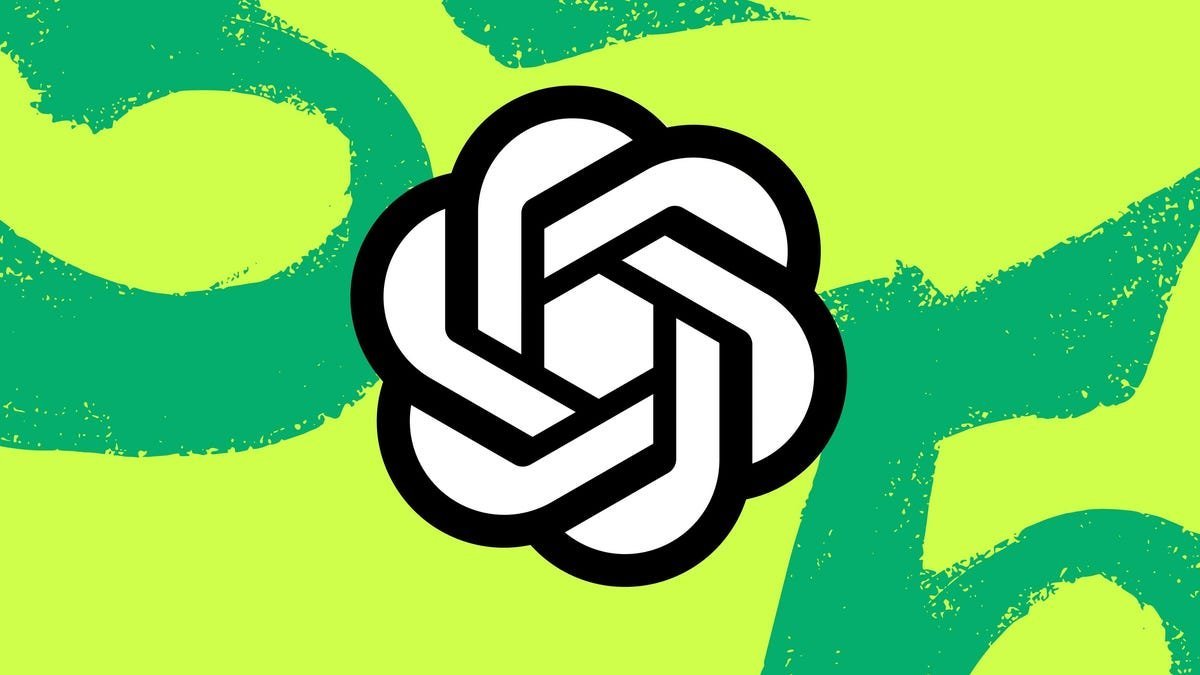OpenAI's latest ChatGPT updates extend beyond GPT-5, introducing personality-driven interactions, chat color customization, and free access to Advanced Voice Mode. These features enhance daily usability for developers and users, making AI more adaptable and engaging. The upgrades signal a strategic push toward personalized, multimodal AI experiences.
OpenAI's ChatGPT Gets a Personality Overhaul and Voice for Everyone
 Image: Main featured image of ChatGPT interface updates. Source: Elyse Betters Picaro / ZDNET
Image: Main featured image of ChatGPT interface updates. Source: Elyse Betters Picaro / ZDNET
While OpenAI's GPT-5 launch dominated headlines this week, a suite of under-the-radar ChatGPT enhancements promises to reshape how developers and users interact with AI daily. Buried in the flurry of announcements—including new open-source models like gpt-oss-120b—are practical upgrades focused on personalization, integration, and accessibility. These features, now rolling out, transform ChatGPT from a static tool into a more dynamic assistant that adapts to individual workflows and communication styles.
Customization Takes Center Stage
First, users can now personalize chat colors, a seemingly minor tweak that underscores OpenAI's emphasis on user experience. Free users get basic options, while subscribers unlock exclusive palettes. More significantly, Custom Instructions now include four preset personalities: Cynic, Robot, Listener, and Nerd. These aren't mere gimmicks—they recalibrate ChatGPT's tone for scenarios like blunt feedback (Cynic) or structured outputs (Nerd), allowing developers to tailor interactions for debugging or brainstorming without manual prompting. As one OpenAI demo showed, asking "How do I optimize this Python script?" yields a terser response from the Robot persona versus the verbose Nerd.
Smarter Integrations and Voice Revolution
For productivity, ChatGPT's Google Workspace connectors (Gmail, Calendar, Contacts) now auto-detect when to pull data, eliminating manual selection. Pro users gain early access next week, enabling queries like "Plan my tomorrow" to trigger real-time schedule checks and email scanning. This reduces friction in daily tasks, though data privacy remains a consideration for enterprise teams.
The standout upgrade? Advanced Voice Mode is now free for all users, a major democratization move. Previously a paid perk, it offers real-time vocal adaptability—learning speech patterns and adjusting responses mid-conversation. Free users face usage limits, but the inclusion lowers barriers for prototyping voice-enabled apps. Standard Voice Mode phases out in 30 days, and voice functionality extends to custom GPTs, empowering developers to build more immersive AI agents.
Why This Matters Beyond the Hype
These updates reveal OpenAI's focus on human-centric AI. Personality presets could reduce prompt engineering fatigue, while voice access fosters inclusivity. For developers, tighter Google integrations hint at future API expansions, and free Advanced Voice Mode opens sandbox opportunities for voice-AI experiments. As GPT-5 tackles scale, these features address the quieter, constant need: making AI feel less like a tool and more like a collaborator.
Source: ZDNET

Comments
Please log in or register to join the discussion